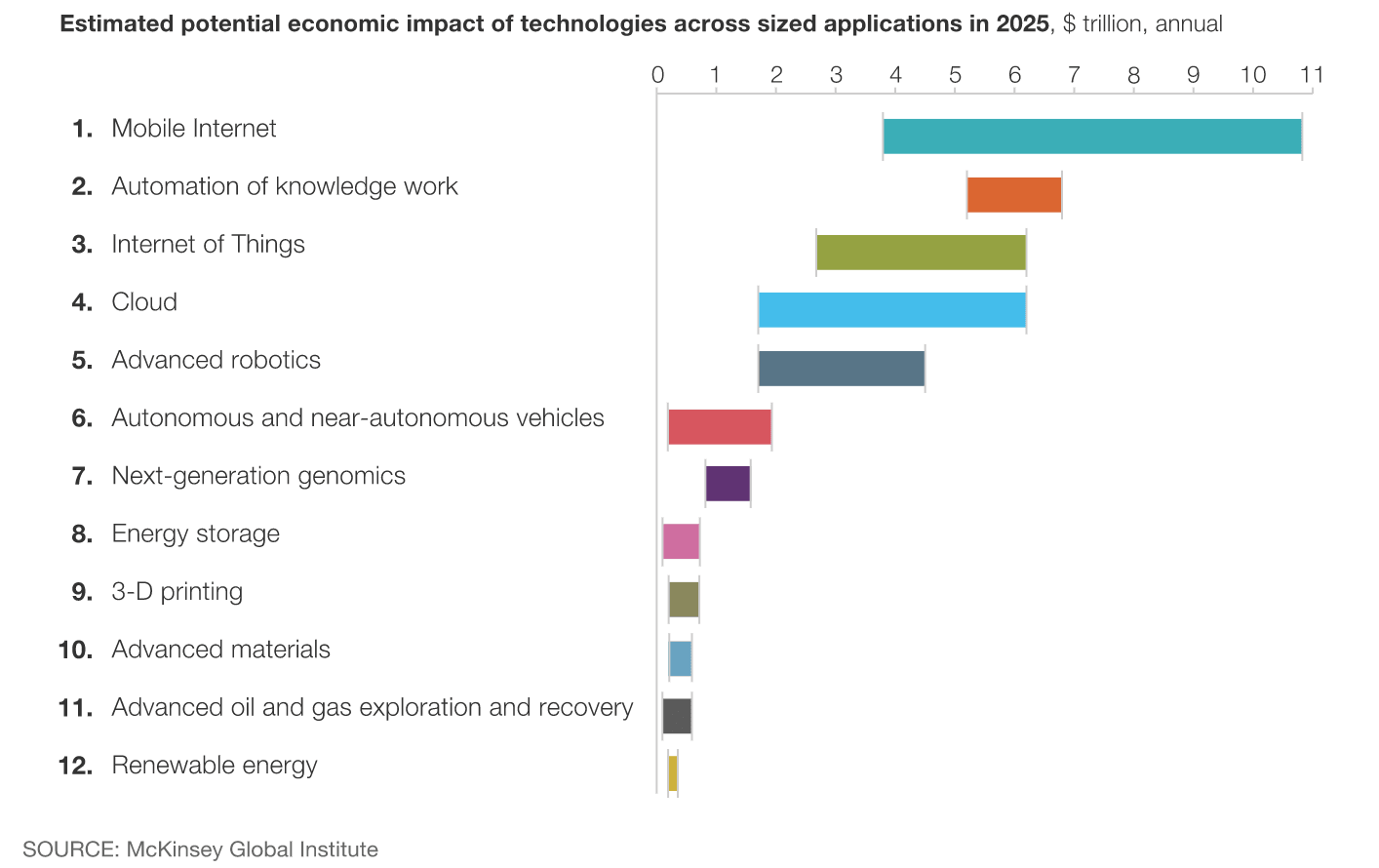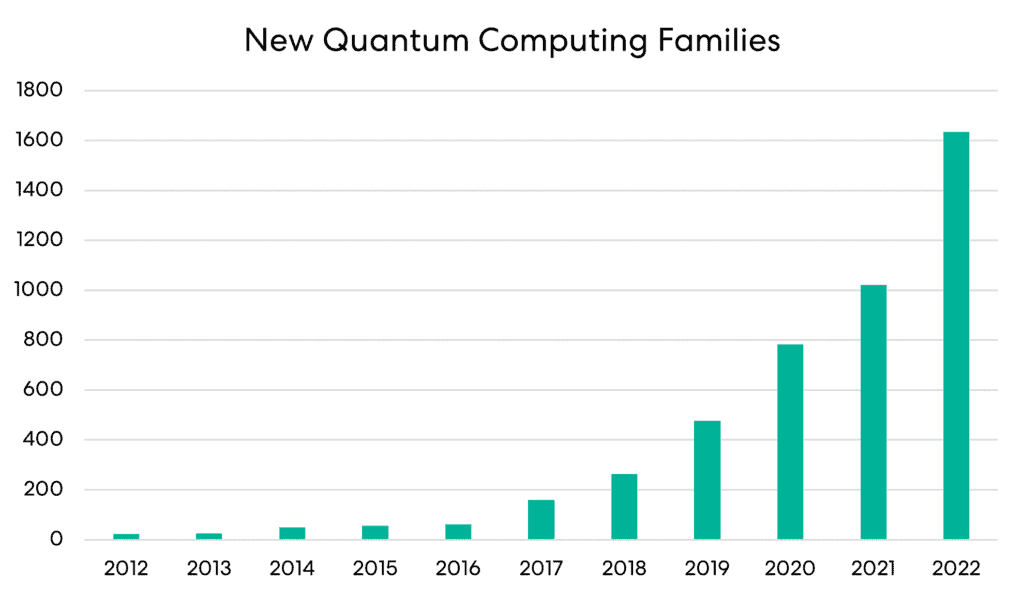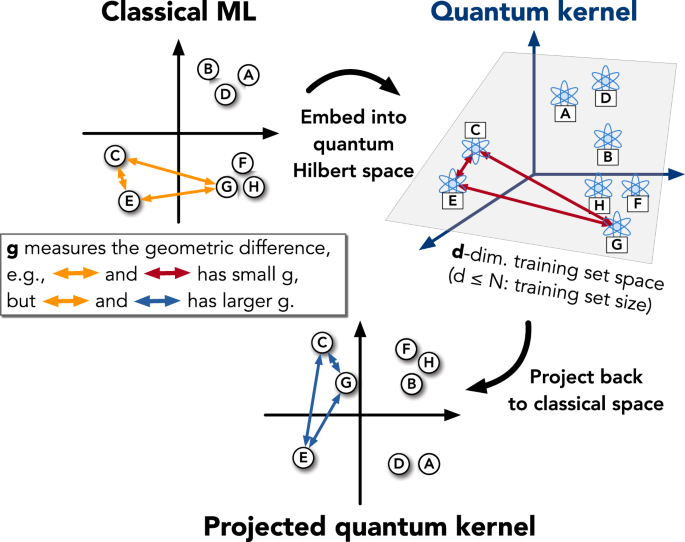Navigating AI Legalities: Ensuring Ethical Practices in Legal Sphere

Navigating AI Legalities: Ensuring Ethical Practices in Legal Sphere
Artificial Intelligence (AI) has become an integral part of various industries, revolutionizing processes and enhancing efficiency. In the legal sector, AI presents both opportunities and challenges. This article explores the legal aspects of AI in legal practice, focusing on ensuring ethical practices within the evolving landscape.
The Rise of AI in Legal Practice
In recent years, the legal industry has witnessed a surge in the adoption of AI technologies. From document analysis to legal research, AI has demonstrated its ability to streamline tasks and improve accuracy. However, this rapid integration raises questions about the ethical implications and potential legal challenges associated with AI implementation in legal practice.
Ethical Considerations in AI Adoption
As AI tools become more prevalent in legal workflows, practitioners must grapple with ethical considerations. Issues such as bias in algorithms, data privacy, and transparency pose challenges that need careful examination. Ensuring that AI systems are designed and implemented ethically is paramount to maintain the integrity of the legal profession.
Addressing Bias in AI Algorithms
One significant concern in the legal application of AI is the potential bias embedded in algorithms. AI systems learn from historical data, which may contain biases. This can lead to discriminatory outcomes, reinforcing existing disparities. Legal professionals must actively work to identify and mitigate bias in AI algorithms to ensure fair and just results for all.
Safeguarding Client Confidentiality and Data Privacy
The legal profession is bound by a duty of confidentiality. When integrating AI tools, safeguarding client information and maintaining data privacy are critical. Legal practitioners must implement robust security measures and stay abreast of evolving data protection regulations to prevent unauthorized access or breaches that could compromise sensitive information.
Transparency in AI Decision-Making
Transparency is crucial in maintaining trust between legal professionals, clients, and the public. AI systems often operate as “black boxes,” making it challenging to understand how decisions are reached. Implementing transparency measures in AI algorithms is essential, allowing legal practitioners to explain, interpret, and justify the outcomes of AI-assisted processes.
Legal Compliance and Regulation
As AI technologies advance, legal frameworks and regulations must adapt to address new challenges. Government bodies and legal institutions need to stay proactive in developing policies that govern the ethical use of AI in legal practice. Compliance with existing laws and the establishment of new regulations will play a pivotal role in shaping the responsible deployment of AI in the legal sector.
The Path Forward: Balancing Innovation and Ethics
To navigate the legalities of AI in legal practice, a delicate balance must be struck between embracing innovation and upholding ethical standards. Legal professionals play a vital role in steering the course, advocating for responsible AI development, and contributing to the creation of a framework that aligns with legal ethics.
In conclusion, the integration of AI in legal practice brings forth a myriad of opportunities and challenges. By addressing ethical considerations, mitigating biases, and ensuring transparency, the legal profession can harness the power of AI while upholding its commitment to justice and integrity.
For more information on the legal aspects of AI in legal practice, visit Legal aspects of AI in legal practice.











